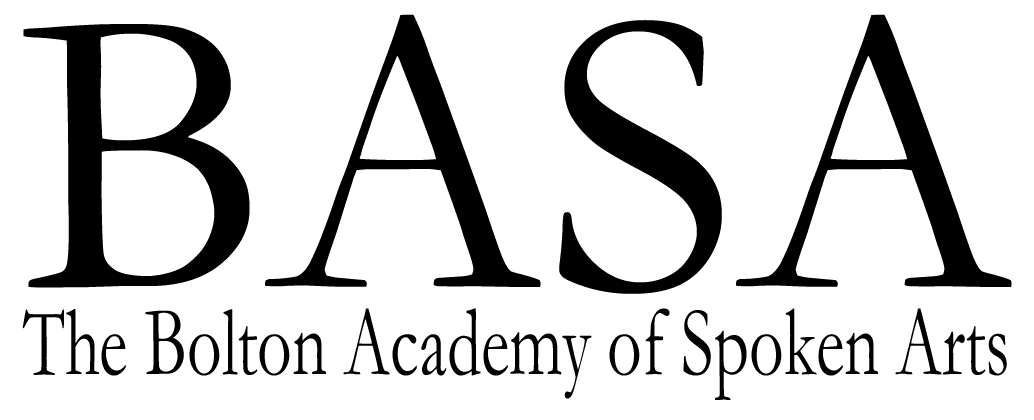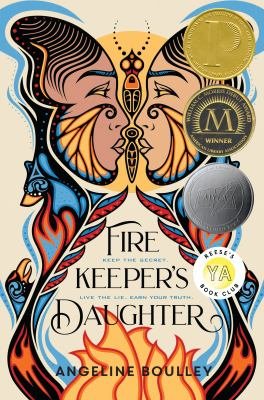It's Time to Go Play Now by Cassidy Gallant
The National Day for Truth and Reconciliation is a new national holiday on September 30th meant to recognize the impact and legacy of the Canadian Residential School System. Cassidy Gallant’s It’s Time to Go Play Now was a poem written for the new National Day for Truth and Reconciliation and highlights the childhood experiences that were lost due to the forced attendance at Canadian Residential Schools.
Cassidy Gallant is a young Mi'kmaw poet who writes poetry about the lasting impact of Residential Schools. From PEI and a single mother, Gallant is currently working on a half-English, half-Mi’kmaw poetry book.




















